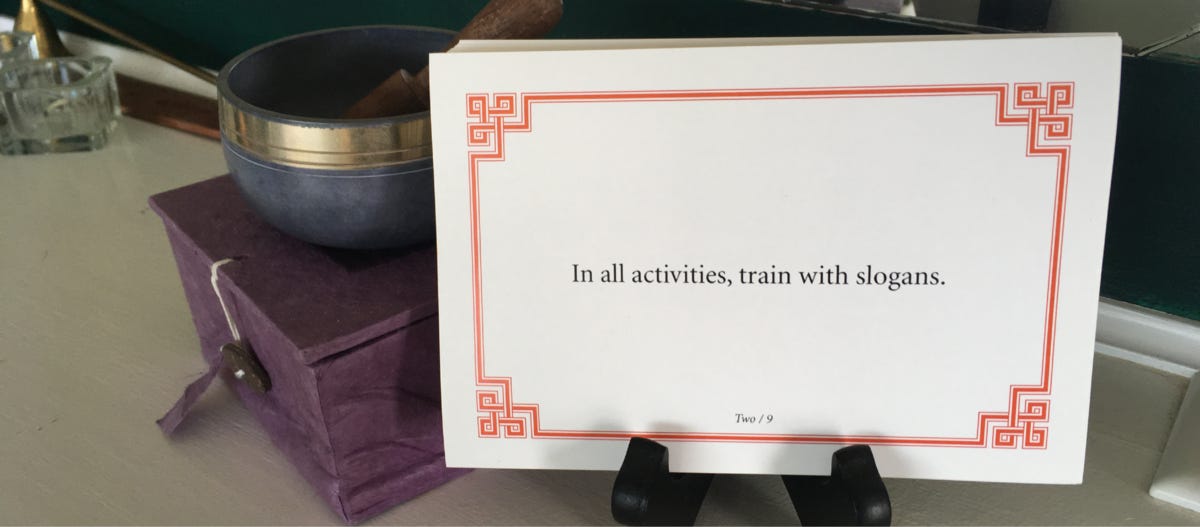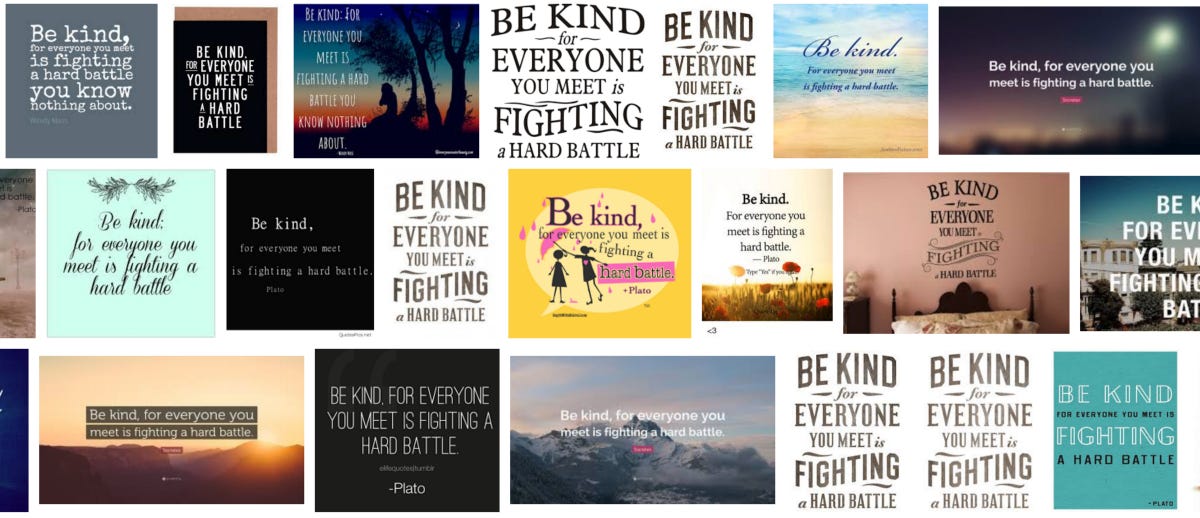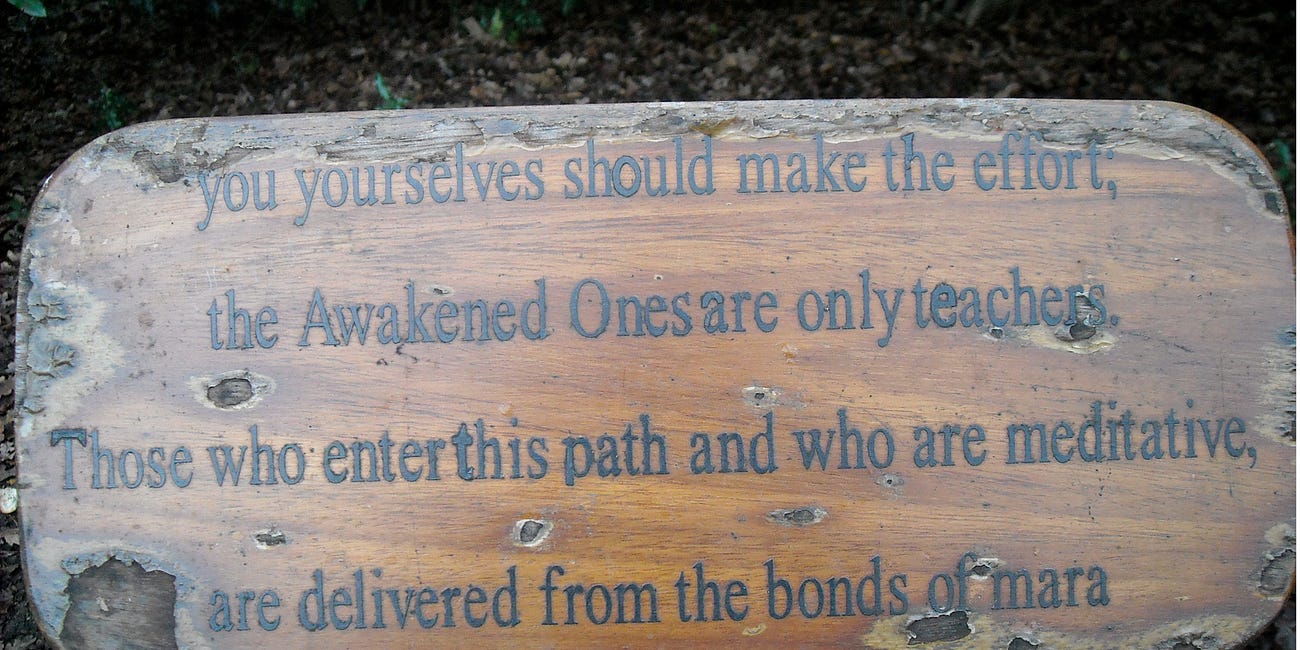Lojong Practice Journal: In all activities, train with slogans
The 59 slogans through a social justice lens

This slogan is an excellent reminder and call to action. These slogans are tools we can use in our daily life. They are instructions for how to cultivate awareness, compassion, and equanimity. They act as guides for how to show up in the world so we can respond skillfully, be of service, and alleviate suffering. But I want to take it a bit further because this instruction doesn’t only apply to the Lojong slogans. It can be applied to any words of wisdom we encounter.
The Internet offers up a seemingly infinite number of inspirational quotes and memes. There is heartening advice on our social media feeds, in the articles we read, in the podcasts we listen to. It’s common to see a nugget of wisdom and enthusiastically share it, and that’s important — but how often do we reflect on the thing we saw and integrate it into our lives?
To use a very common example, there’s the saying that reminds us to “be kind, for everyone you meet is fighting a hard battle.” It gets worded in a lot of different ways and I’ve seen it attributed to Plato and Voltaire. Google says it’s thought to have originated with Scottish Theologian and author, Ian McLaren, but who said it doesn’t matter for this particular article.

This is a saying that resonates with a lot of folks. It’s an example of how we can connect with our own wisdom when we see it reflected in something someone else says. It clearly carries significance for a lot of us.
But what does it look like to train in being kind? What does it mean to ‘be kind’? What is kindness and how do we experience it? How do we offer it to others? How do we want it offered to us?
In a class I taught recently, one of the participants spoke about learning to “listen to the intelligence of their feelings”. When we hear a quote like this, and the first thing we do is re-share it, what’s going on in our body? What was the instinct that told us this was something helpful, something meaningful and worth sharing with others?
If we are going to train with being kind, we might find it a lot easier to do with folks we like. But what does it mean to be kind to our aunt who is unapologetically racist? Or to a well-meaning but sexist older male colleague? Or when we are justified in our criticism of a system which others insist on defending?
Part of training is coming back to something again and again. Allowing ourselves to adjust our responses, to challenge our ideas of what it means to be kind, to see how context changes the practice and approach we take. We could realise that kindness looks like walking away from a relationship so the person harming us can’t any longer, but also because we see how it harms them to treat us badly. Kindness can feel cruel to the recipient, if being kind looks like letting someone hit rock-bottom so they are finally able to take responsibility for the part they play in a cycle of addiction. Kindness can be letting go of the knee jerk reaction to lecture someone who has repeatedly chosen willful ignorance.
Once we spend time with a slogan, any slogan, it plants a seed. As we move through our day-to-day we can become curious about how to apply it, in ‘all activities’, which is to say, any given situation. This is what it means to live life as an experiment. There is nothing that isn’t good for practice, and tools are made to be used. Whether it’s a Lojong slogan, the inspirational poster on an office wall somewhere, or a heartwarming meme on Instagram, these are tools with which we can train every day, in any situation.
Originally published on Medium.
This is part of a series of posts I did to support my practice. They will always be free for everyone to read and engage with, but if you want to support me financially, that is greatly appreciated. Tips, paid subscription, and regular e-transfers* help me cover the costs of being a creative human being in the world.
Toodle on over to www.KSCHatch.com to find out more about what I do.
Thank you!
*If you are in Canadia, you can send me a one off or onging e-transfer using the email faunawolf ‘at’ gmail ‘dot’ com




